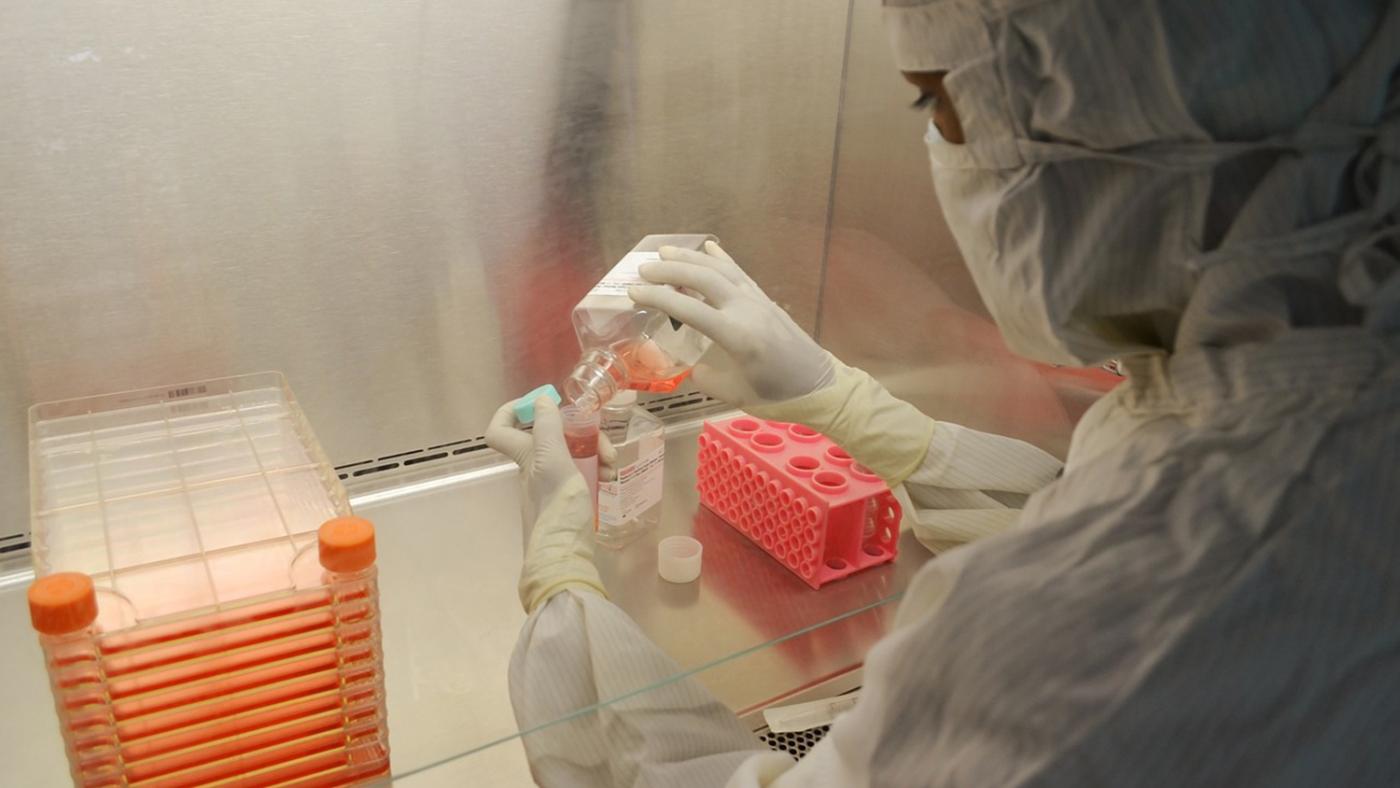Minister of Education:
Bachelor’s students no threat to knowledge security

The material taught in Bachelor’s programmes cannot be considered sensitive, writes Dijkgraaf in a letter to the House of Representatives. He is currently working on a bill designed to strengthen knowledge security in the Netherlands and his letter provides a hint of things to come.
The government plans to ensure that students and researchers from outside the European Union are screened when they come to the Netherlands to work or study in so-called "high-risk fields". But what fields can be considered as such and who exactly should be screened?
The minister’s letter indicates an exemption for Bachelor’s students, which in turn suggests that universities of applied sciences are largely out of the picture. He goes on to say that researchers and students already working and studying in the Netherlands should be exempt as well. Screening them retrospectively would go against the principle of legal certainty.
Drawing the line
Identifying the areas that qualify as high-risk is the first step in the process, but that is no easy task considering that seemingly harmless technology, such as sensors and lasers, could also be put to military use. Where should one draw the line?
That is not up to the minister. He's already held meetings with experts in areas ranging from advanced materials and nanotechnology to biotechnology and AI. These consultations will help the ministry draw up a list of technologies classed as sensitive, which will "form the basis for designating high-risk areas”, the minister writes. “These areas can cover courses, departments, project groups, student projects, and even certain teams and laboratories.”
Speeding up
The minister is keen on “speeding up” the progress of the bill, but it could still be another year before it is debated in the House. He is still awaiting a report from the Netherlands Institute for Human Rights on the potential for discrimination. In addition, the bill has yet to be published for online consultation, so that members of the public can have their say too. He aims to submit it to the Council of State after the summer.
Until then, it is up to the universities and research institutes to figure things out themselves. They can seek advice from the government’s knowledge security hotline, which has received 380 queries in just over two years. “Most of the queries concerned international cooperation with parties from China, Iran, Russia and the Gulf States”, the minister reports.
Strong criticism
The Royal Netherlands Academy of Arts and Sciences, an association of leading scientists once headed by Dijkgraaf, has strongly criticised the plans to screen researchers from abroad. The Academy regards screening as a disproportionate measure and is calling on the government to allow academia to weigh up the pros and cons on its own.
In response, the minister acknowledges that “screening is only practical if we can precisely pinpoint where the sensitive areas lie”. That said, he still believes the government has a role to play.
“Only central government has access to all the relevant information – including security sources – that enable us to achieve the most accurate risk assessment possible”, he points out. “The interests of the individual and open and free science are being weighed against the interest of national security. This is a task that the government is ideally equipped to handle.”